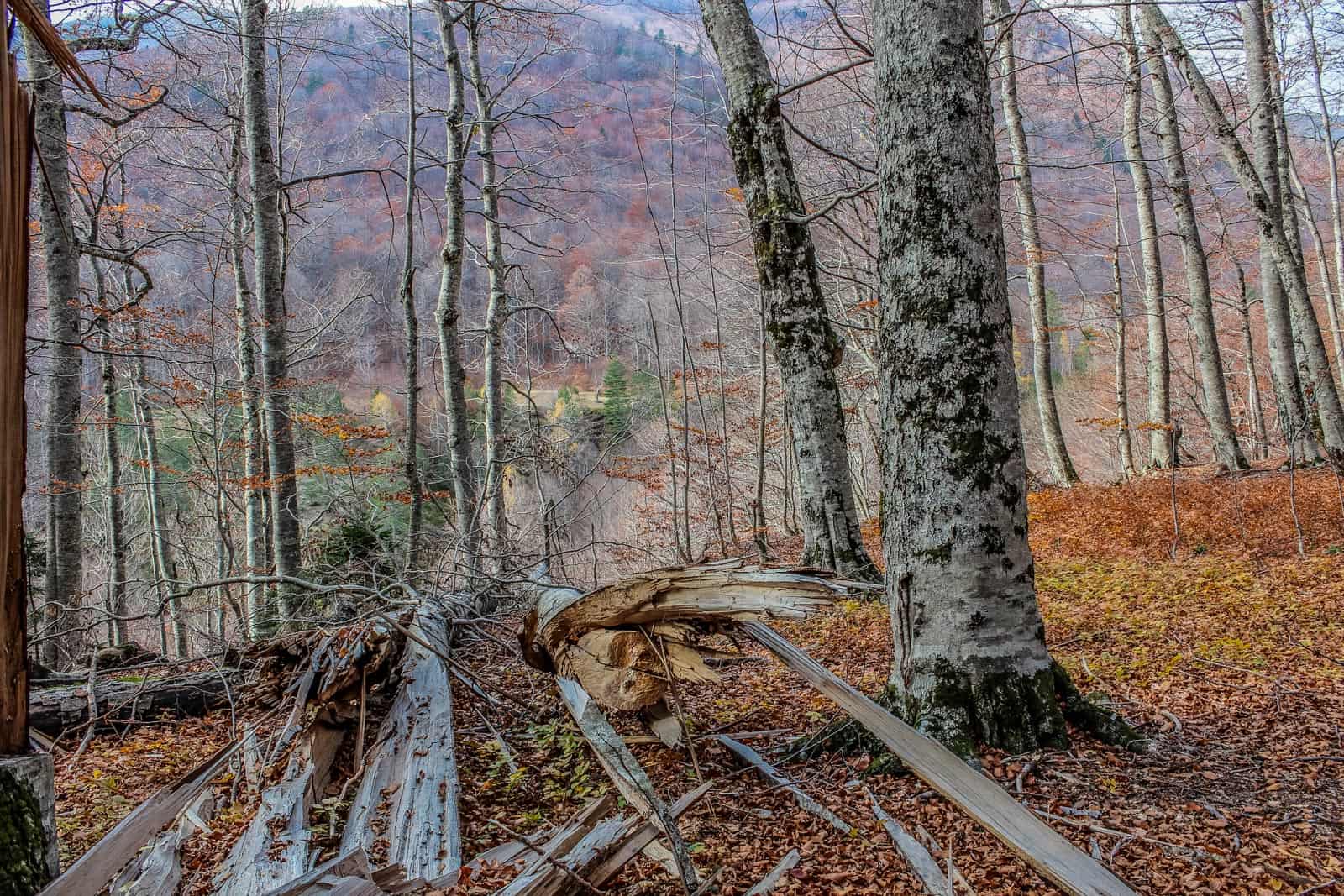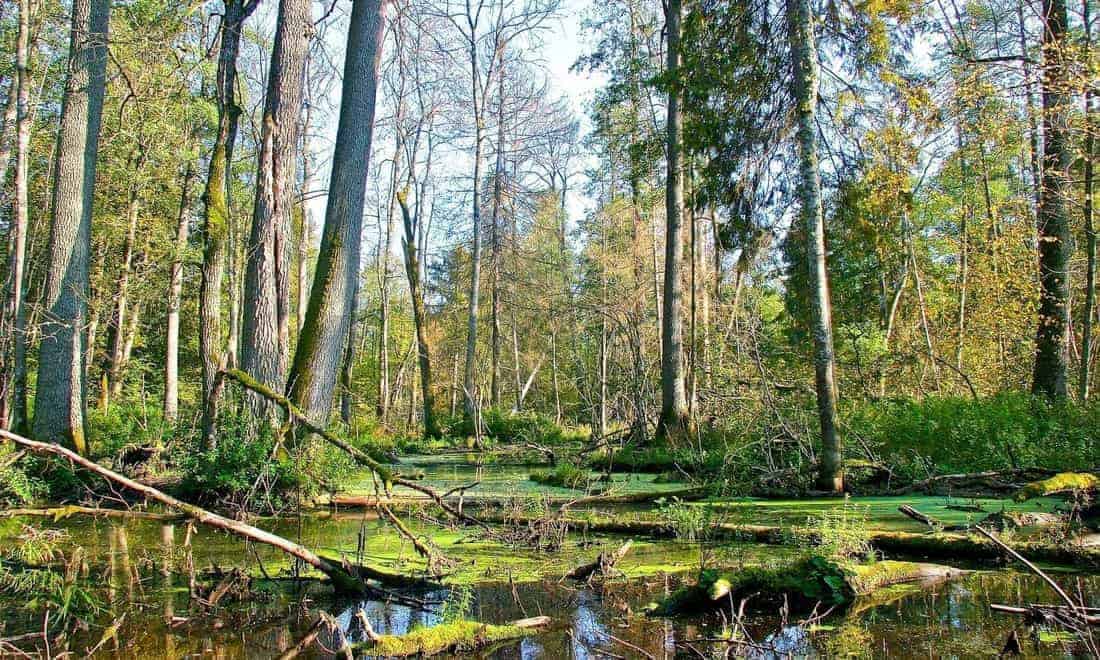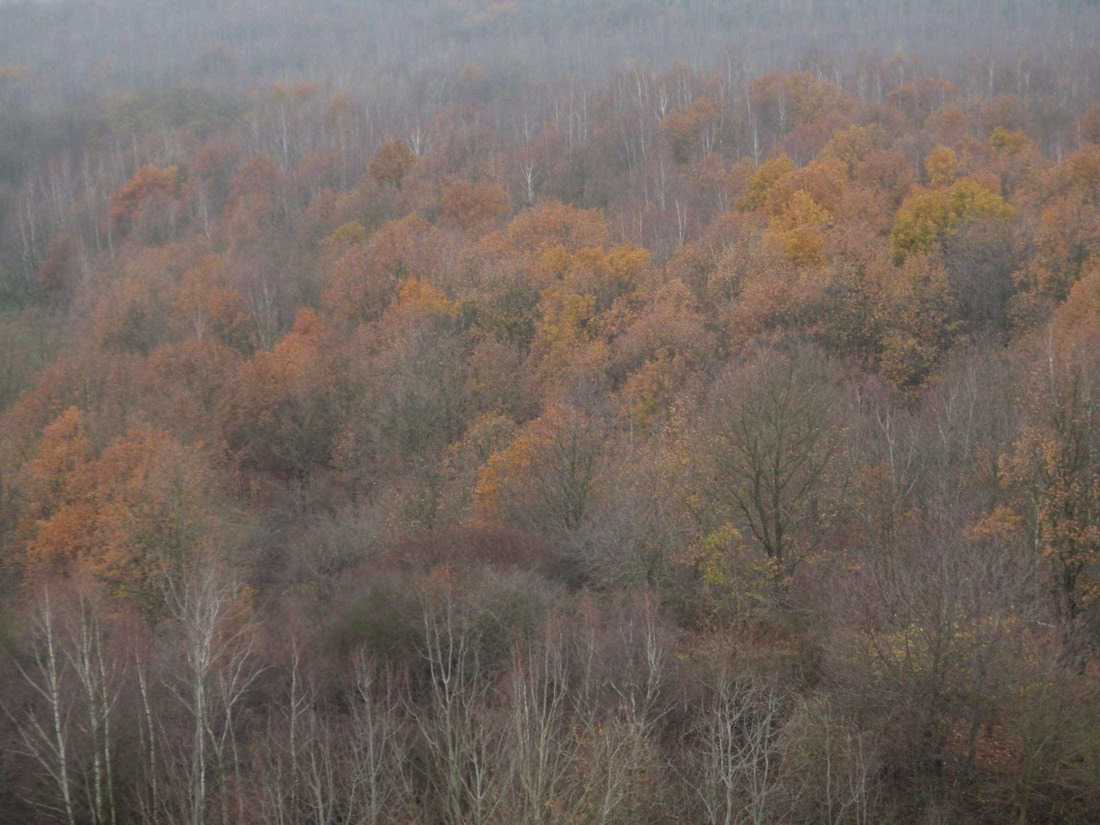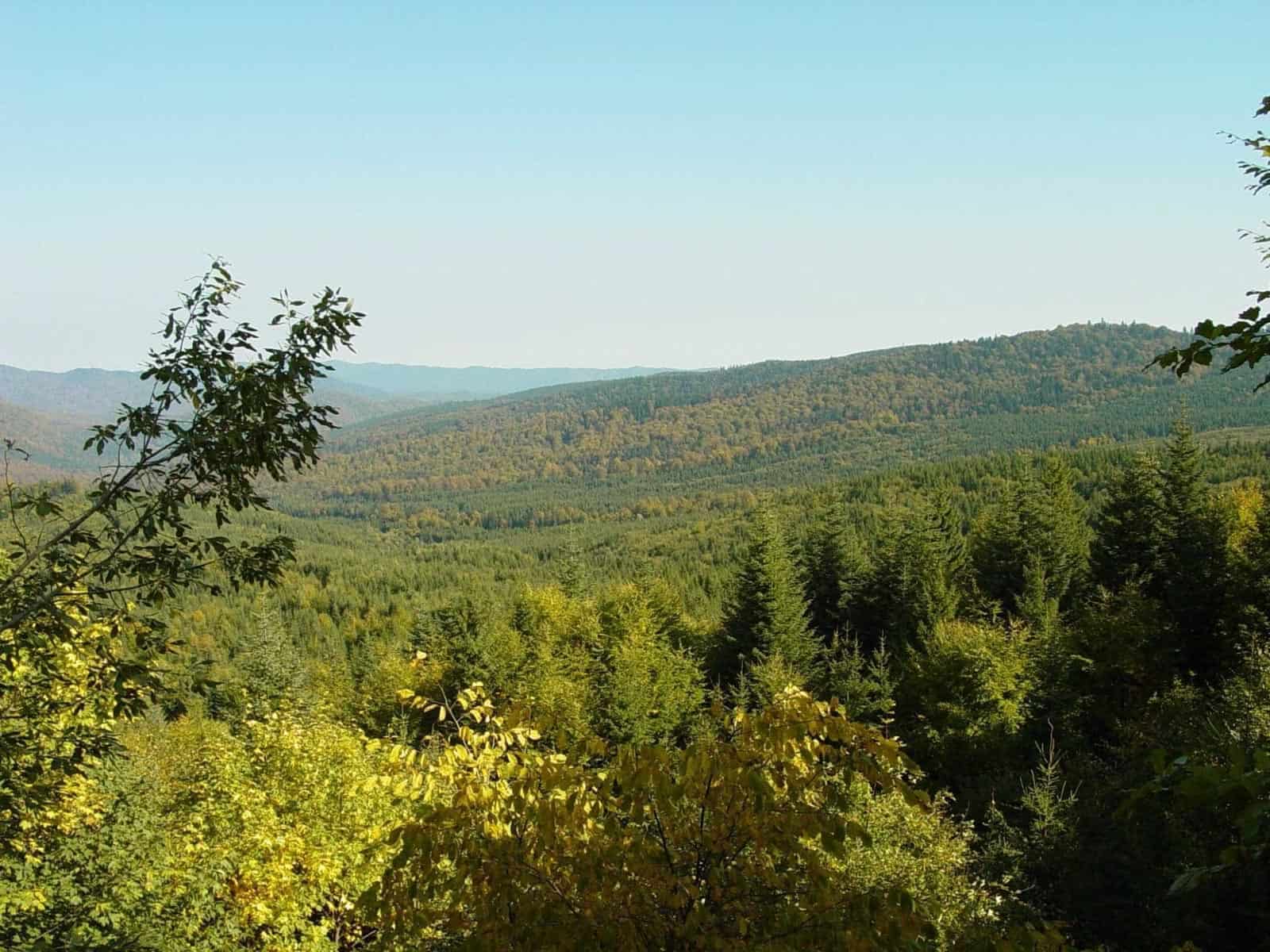The meaning of the word Wilderness
The word “wilderness” evokes images of untamed nature, unspoiled landscapes, and a sense of untouched beauty. It usually refers to vast areas of land that remain free from human development and intervention.
In these usually remote and pristine regions, biodiversity thrives, providing habitats for countless plant and animal species. Wilderness embodies a sense of solitude and adventure, offering an escape from the noise and distractions of modern life.
Global meaning of the word Wilderness
The Global meaning of the word Wilderness carries a global significance that transcends geographical boundaries. It represents the collective recognition of the Earth’s remaining untouched and unspoiled areas, regardless of their location.
The global understanding of Wilderness inspires a shared commitment to safeguarding our planet’s natural heritage for the benefit of present and future generations.
Meaning of the word Wilderness in Europe
In Europe, the term “Wilderness” encompasses natural areas that exhibit limited human impact and retain their pristine character. These regions often include vast forests, rugged mountain ranges, and expansive wetlands, harbouring a rich array of flora and fauna.
Wilderness in Europe not only serves as a refuge for endangered species but also supports ecological processes essential for ecosystem health. Recognizing the importance of these areas, European Wilderness Society was established. The fragments of Wilderness is also protected in wilderness zones in many protected areas.
The word Wilderness change the meaning
The meaning of the word “Wilderness” has undergone changes in the last decades. Traditionally, Wilderness referred to remote and untouched natural areas. However, as human impact on the environment has intensified, the concept of Wilderness is changing.
Today, it often includes the recognition that even Wilderness may require active management and restoration to maintain their ecological integrity.

Additionally, the importance of cultural and indigenous perspectives on Wilderness has gained prominence, emphasizing the interconnection between people and nature.
Why people accept active management in Wilderness?
In the last decades, there has been an increasing acceptance of active management in Wilderness due to several factors. Firstly, the recognition of the ecological value and fragility of these areas has led to a shift from a hands-off approach to proactive conservation strategies.
Active management allows for the restoration of degraded ecosystems, the prevention of invasive species, and the mitigation of human impacts. Additionally, the understanding that Wilderness can be affected by climate change and other global challenges has necessitated adaptive management practices.
The threat of accepting active management in Wilderness
One of the threats associated with the increasing acceptance of active management in Wilderness in recent decades is the growing threat the loss of pristine, untouched landscapes.
While active management can be crucial for some nature conservation efforts (e.g., protection of the man-create biodiversity), there is a risk that this approach applied in Wilderness, can lead to the degradation of the Wilderness.
Conclusion
Achieving a balance between the necessary management measures for Wilderness protection is a major challenge. The long-term goal of Wilderness protection must be clearly formulated. Only then can Wilderness stewards overcome sudden disturbances and transient fluctuations in the complexity of biodiversity.
Active management is justified in areas with the potential to become Wilderness. It is recommended to clearly demarcate this period and then allow the natural process to spontaneously shape the character of the future Wilderness









